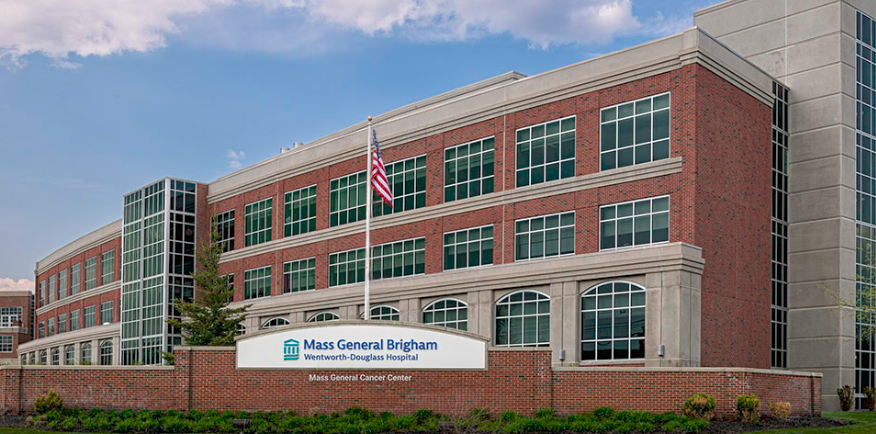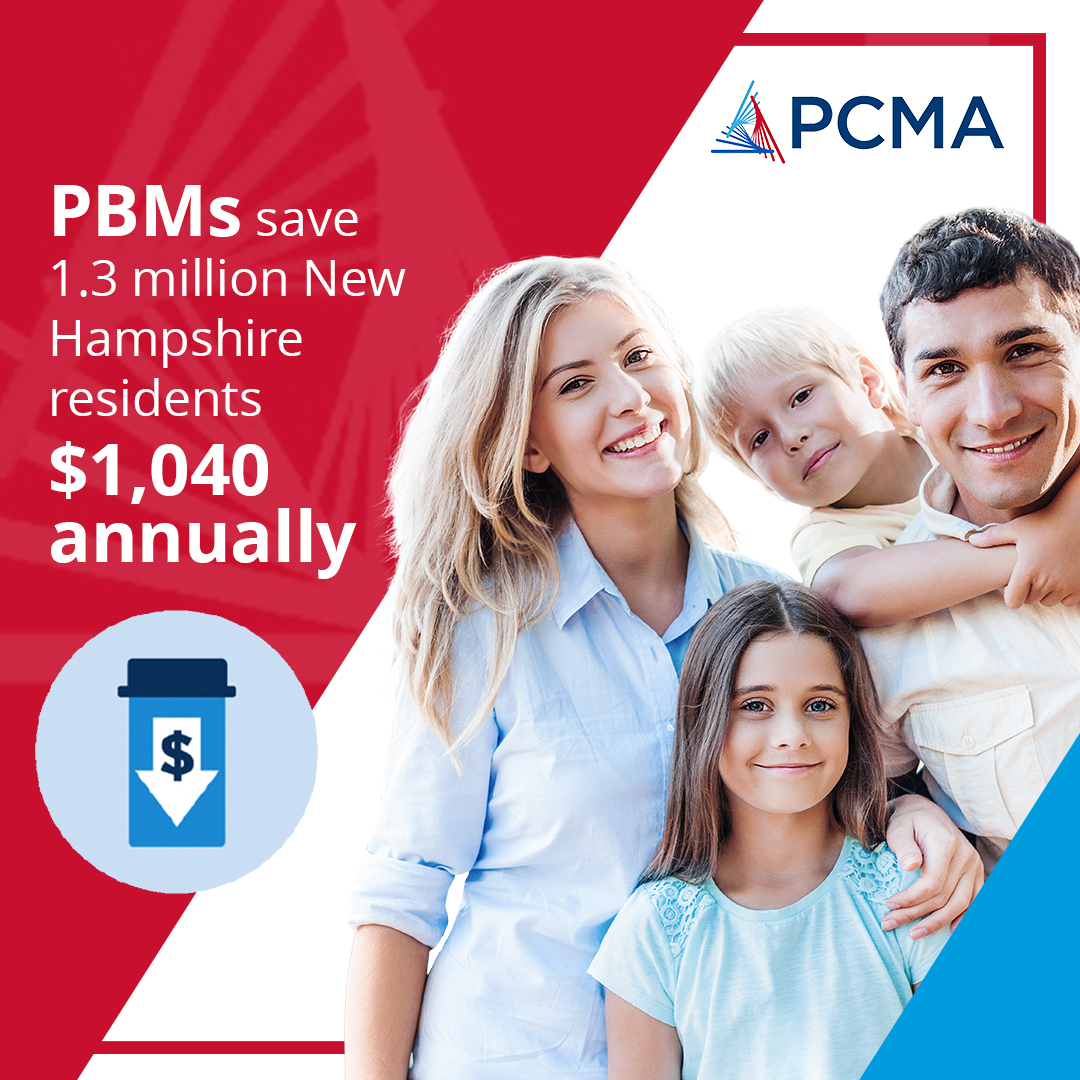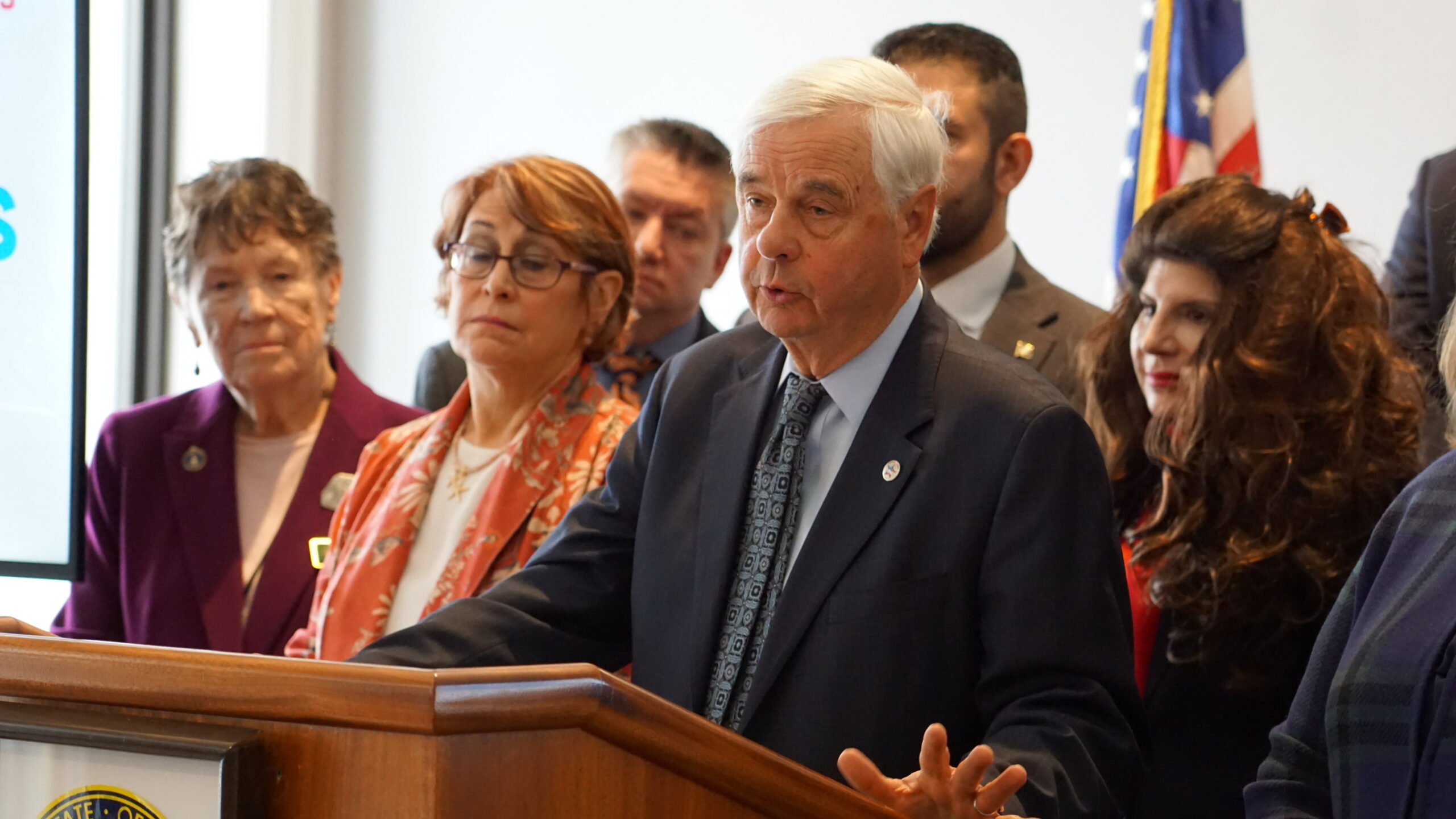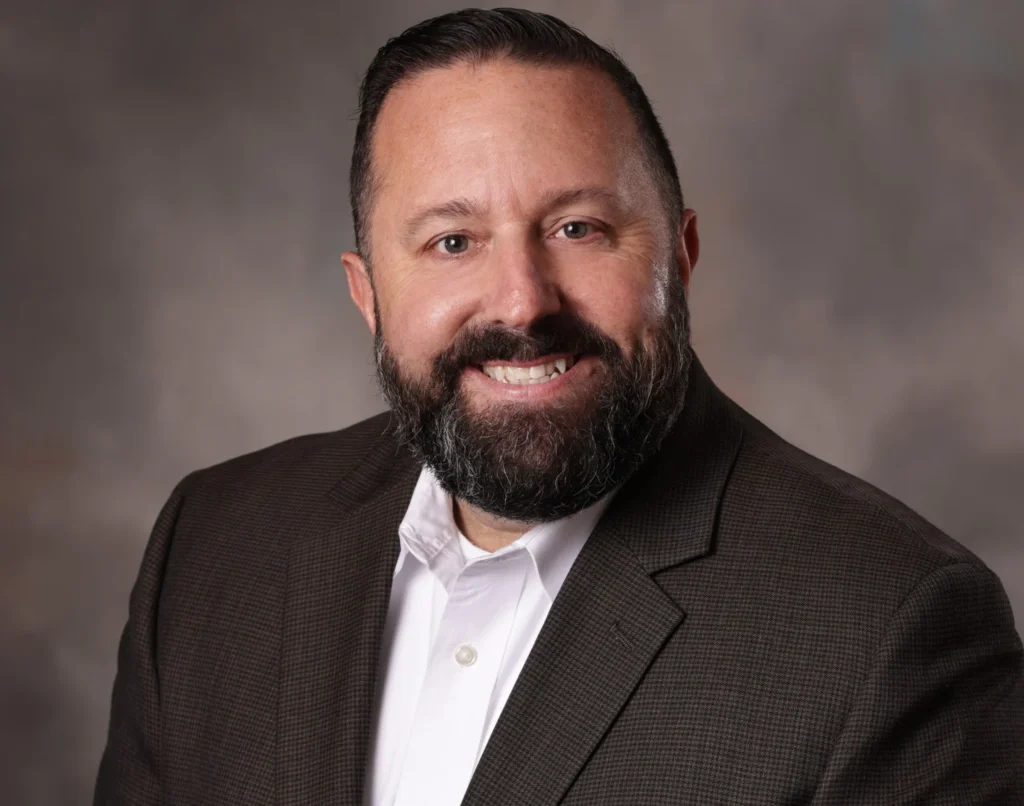NH Hospital, Massachusetts Prices? MGB Control of Wentworth-Douglass Raises Concerns

The regulatory order forcing the Massachusetts General Brigham healthcare system to rein in costs is about to expire, and New Hampshire is wondering what that means for Wentworth-Douglass Hospital in Dover.
“I am concerned about it,” said D.J. Bettencourt, commissioner at the New Hampshire Insurance Department.
Mass General Brigham merged with Wentworth-Douglass in 2018, making the Seacoast region hospital part of MGB’s massive healthcare system. MGB is so big the state of Massachusetts intervened in 2022 to slow the network’s rising patient costs that were warping the Bay State’s healthcare market.
The Performance Improvement Plan imposed by the Massachusetts Health Policy Commission is set to end next month, and there is worry that MGB will start ramping up costs again throughout its system, including at Wentworth-Douglass.
Matt Cover, an employee benefits consultant with Willis Towers Watson, a global insurance advisory firm, said hospitals and large healthcare systems are looking for increases, teeing off of public perception that hospitals suffered during the COVID years.
“As their contracts come up for renewal, hospitals all across the country are demanding unprecedented price increases. These are large corporations trying to squeeze higher profits out of a healthcare system that is already too expensive. Patients, their families, and their employers will ultimately bear the burden of these price hikes,” Cover told NHJournal.
The trend of hospitals consolidating into healthcare systems was long presented as a way to improve care and save money for patients, especially when those mergers needed state approval. But data from a Harvard Medical School report show the savings never happened, and patient care was only marginally better.
“One of the key arguments for hospital mergers and practice acquisition was that health systems would deliver better-value care for patients. This study provides the most comprehensive evidence yet that this isn’t happening,” said Nancy Beaulieu, a research associate in the Department of Health Care Policy at Harvard Medical School’s Blavatnik Institute.
The Massachusetts Health Policy Committee intervened in 2022 after years of skyrocketing costs associated with MGB pushed up costs for all health systems and insurance carriers in the Bay State.
The HPC found Mass General Brigham, the state’s largest health provider, was also charging more than any other provider. In fact, the Committee found that MGB’s commercial contracts cost $293 million from 2014 to 2019.
After posting operating losses last year attributed to inflation and workforce shortages, MGB reported bringing in $102 million in positive operational revenue in the third and fourth financial quarters. The system brought in $18.8 billion during the 2023 fiscal year. MGB’s premium revenue went up to $1.5 billion, a 63 percent increase from the previous year.
Those numbers represent MGB’s operation under the Performance Improvement Plan to bring down costs. Now that oversight of MGB’s prices is ending next month. New Hampshire has no role in reviewing MGB’s costs and spending. But if the end of the Massachusetts order starts impacting Wentworth-Douglass, Bettencourt said New Hampshire can take action.
“Should that dynamic change or should Wentworth-Douglass be affected as a result of MGB’s attempt to get into compliance with the Performance Improvement Plan, we will work with our commercial insurance carriers, officials at Wentworth-Douglass Hospital, and the New Hampshire Hospital Association to understand its implications for New Hampshire consumers. Should there be adverse consequences, we will respond appropriately within the preview of our regulatory oversight under state law,” Bettencourt said.
The 2018 merger is supposed to leave Wentworth-Douglass locally controlled by its Board of Trustees. However, there are indications that MGB is subsuming more of the identity and control of the Dover facility. Wentworth-Douglass is now rebranded as Mass General Brigham Wentworth-Douglass, and the hospital lost its president and CEO position at the top, replaced by a president and COO position.
Wentworth-Douglass initially agreed to answer questions from NHJournal but did not respond after more than 24 hours.









